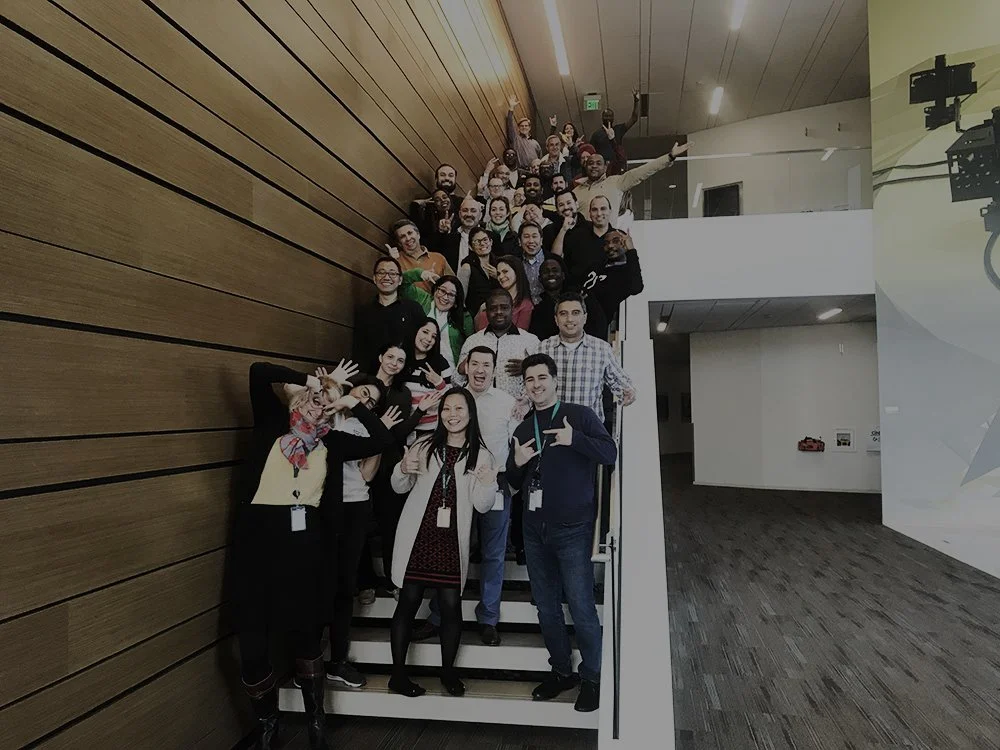
FIND YOUR TRUE NORTH
Purposeful Lives.
Powerful Results.
Solutions for transforming your career and your leadership. Career Planning. Leadership Coaching and Training. Executive Coaching.
Ready to explore career and leadership coaching?
Hi, I’m Shelley Pernot, an ICF certified leadership coach and career coach in Austin, Texas. I help my clients build purposeful lives they are passionate about and become the leaders they were meant to be. Check out the video to learn more about my coaching process and what you can expect as a client!
















